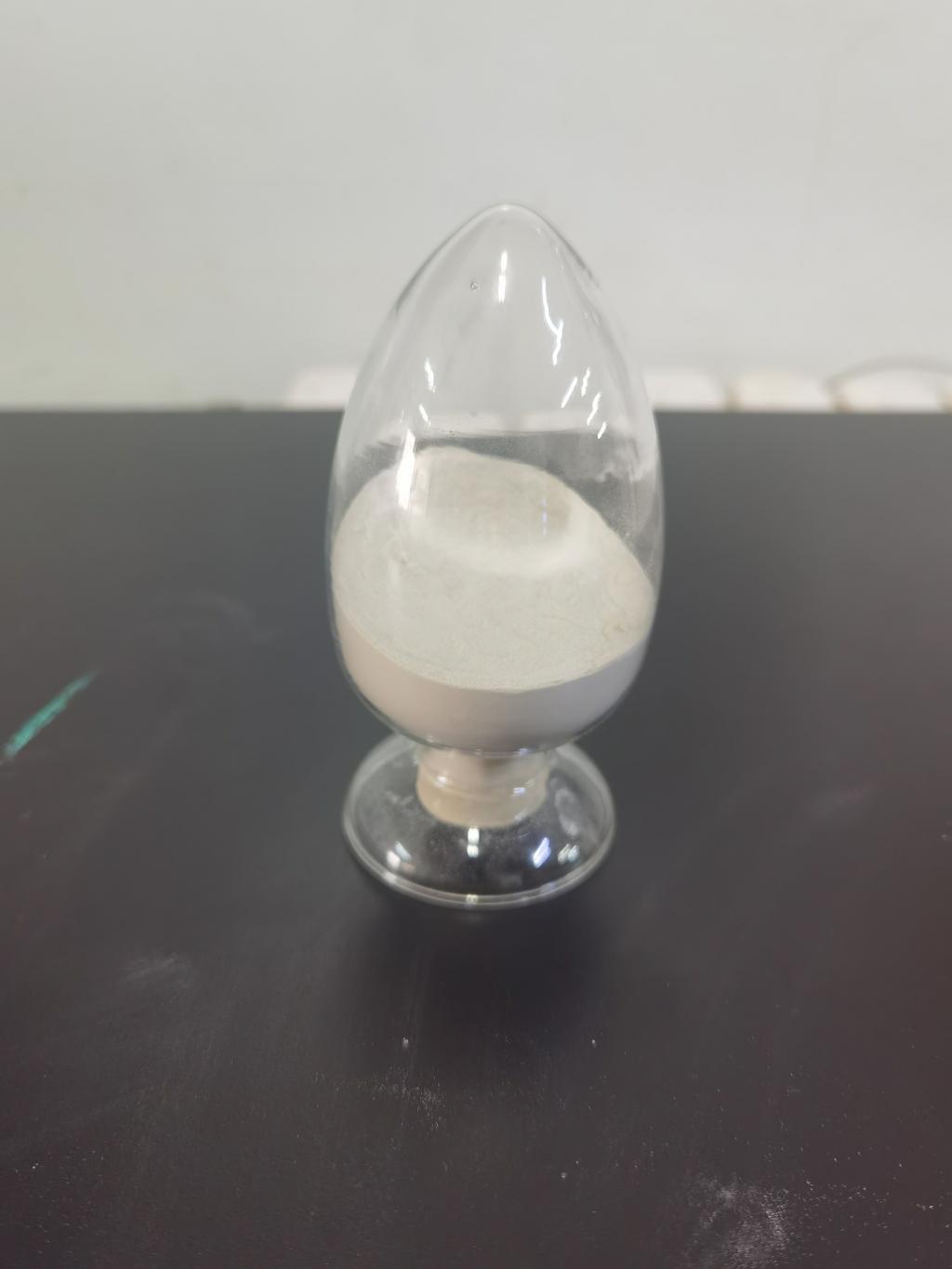Tel:+8618231198596

News
 CONTACT
CONTACT
 CONTACT
CONTACT
- Linkman:Linda Yao
- Tel: +8618231198596
- Email:linda.yao@dcpharma.cn
- Linkman:CHARLES.WANG
- Department:Overseas
- Tel: 0086 0311-85537378 0086 0311-85539701
News
Current Position:
Home >
News
>What is the impact of Nisin on the nutritional composition of food products?
What is the impact of Nisin on the nutritional composition of food products?
TIME:2023-07-26
Introduction:
The preservation of food products is essential to ensure their safety and shelf life. Nisin's application as a natural preservative has been widely studied, but its impact on the nutritional composition of various foods remains a crucial consideration. This section provides an overview of the importance of food preservation, introduces Nisin as an antimicrobial agent, and highlights the significance of studying its effects on food nutrition.
Nisin: Mechanism of Action and Safety Profile:
Before delving into its impact on nutrition, this section briefly describes the mechanism of Nisin's antimicrobial action and its safety considerations, emphasizing its GRAS (Generally Recognized as Safe) status.
Impact of Nisin on Dairy Products:
Dairy products form an essential part of many diets worldwide, and preserving their nutritional content is vital. This section explores the effects of Nisin on the nutritional composition of milk, cheese, and yogurt, focusing on its influence on proteins, fats, vitamins, and minerals.
Impact of Nisin on Meat and Poultry Products:
Meat and poultry are highly perishable products, making them ideal candidates for Nisin preservation. In this section, we review the impact of Nisin on the nutritional properties of processed meats, cured meats, and poultry, including protein degradation, lipid oxidation, and vitamin stability.
Impact of Nisin on Plant-Based Foods:
The rise in plant-based diets and the demand for plant-based food products create the need to explore natural preservation methods. This section investigates the effects of Nisin on the nutritional composition of plant-based foods, such as tofu, plant-based milk, and fermented plant-based products.
Influence of Nisin on Vitamins and Minerals:
Vitamins and minerals are vital micronutrients that can be affected by food preservation techniques. Here, we examine the impact of Nisin on the stability and bioavailability of vitamins and minerals in various food products.
Protein Integrity and Amino Acid Profile:
Proteins are essential macronutrients in our diet, and their preservation is crucial. This section analyzes the influence of Nisin on protein integrity, amino acid composition, and digestibility in different food matrices.
Lipid Oxidation and Fatty Acid Profiles:
Lipid oxidation can lead to the formation of off-flavors and decreased nutritional value. We assess the impact of Nisin on lipid oxidation and fatty acid profiles in food products, including its role in preserving the quality of fats and oils.
Impact on Carbohydrates and Fiber Content:
Carbohydrates are a primary source of energy, and dietary fiber is essential for gut health. This section examines the effects of Nisin on carbohydrates, including sugars and dietary fiber, in various food items.
Antioxidant Activity:
Nisin's potential as an antioxidant is an area of interest. We explore its role in enhancing the antioxidant activity of food products and its impact on overall nutritional quality.
Nisin Synergy with Other Preservation Techniques:
In combination with other preservation methods, Nisin's effects on the nutritional composition of food products can be optimized. This section reviews the synergistic effects of Nisin with traditional preservation techniques.
Potential Health Implications:
The nutritional changes induced by Nisin preservation may have implications for consumer health. Here, we discuss the potential health benefits and concerns related to Nisin-treated food products.
Future Research and Challenges:
To fully comprehend the impact of Nisin on the nutritional composition of food products, further research is needed. This section outlines potential research directions and discusses the challenges associated with implementing Nisin as a food preservative.
Conclusion:
Nisin, as a natural and effective antimicrobial peptide, has the potential to extend the shelf life of food products while preserving their nutritional integrity. Its impact on the nutritional composition varies among different food items, highlighting the importance of considering these effects during product development and regulatory evaluations. As consumer preferences continue to shift towards healthier and minimally processed foods, Nisin's role in food preservation and its influence on nutrition will remain an essential area of study.
- Tel:+8618231198596
- Whatsapp:18231198596
- Chat With Skype







